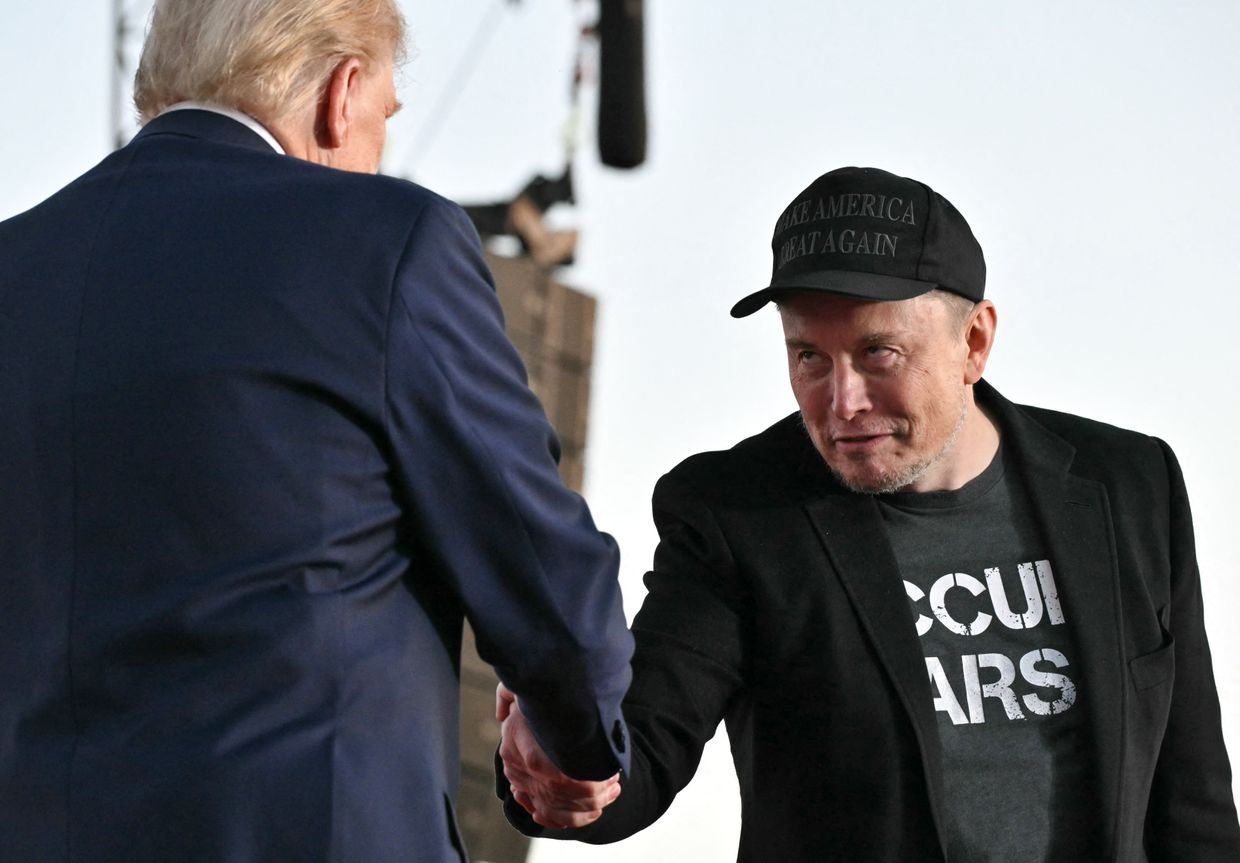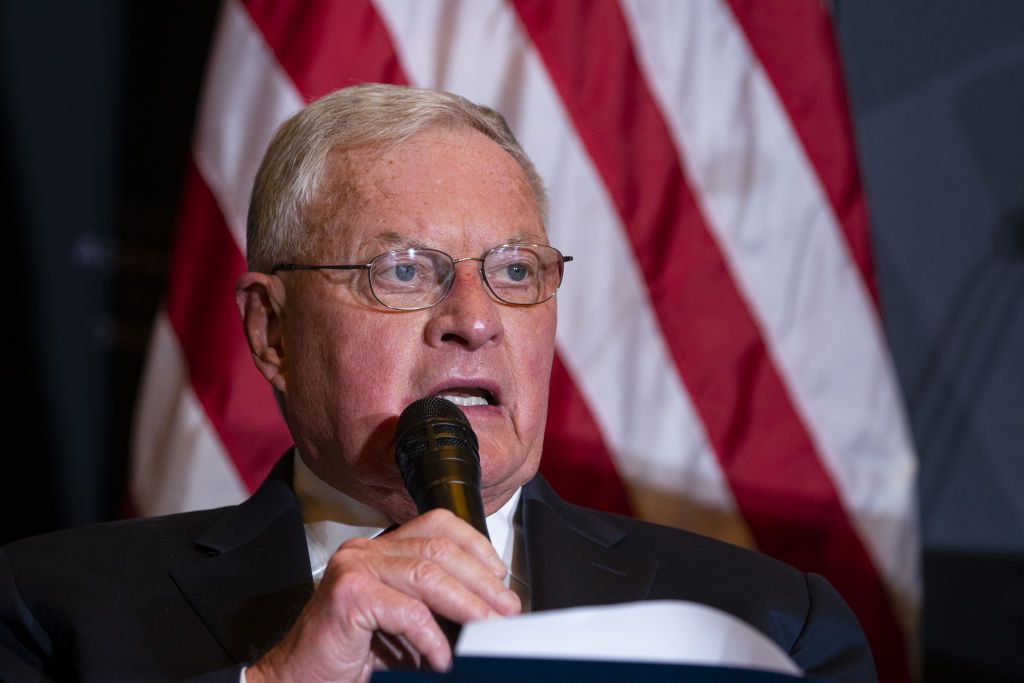US 'not going to eliminate foreign aid,' Rubio says amid USAID shutdown push

U.S. Secretary of State Marco Rubio said on Feb. 4 that foreign aid should serve U.S. interests rather than function as charity, emphasizing that the Trump administration does not intend to halt all international assistance.
"I continue to support foreign aid. But foreign aid is not charity. It exists for the purpose of advancing the national interest of the United States," Rubio said at a press conference in Costa Rica. He added that the U.S. would not eliminate foreign aid but would ensure it benefits "trusted partners and allies."
The statement comes after the Trump administration halted almost all foreign assistance for 90 days pending review and growing uncertainties about the fate of the U.S. Agency for International Development (USAID), the country's chief foreign assistance arm.
According to a directive issued on Feb. 4, USAID employees worldwide will be placed on administrative leave starting Feb. 7. For personnel stationed abroad, the agency, in coordination with the State Department, is drafting a plan to arrange and fund their return travel to the U.S., with exceptions for those performing "mission-critical functions."
Elon Musk, who heads the Department of Government Effectiveness (DOGE), has blasted USAID as a "criminal organization" and pushed for its dissolution.
Rubio said the temporary aid freeze aims to review and restructure foreign assistance, claiming that the Trump administration struggled to obtain details about specific programs as USAID "refused to tell us anything."
Since Russia's full-scale invasion of Ukraine, USAID has provided $2.6 billion in humanitarian aid, $5 billion in development assistance, and over $30 billion in direct budget support to Kyiv.
On Feb. 3, the White House declared that "under President Trump, the waste, fraud, and abuse ends now," accusing USAID of misusing taxpayer funds on unnecessary projects. The "waste and abuse programs" list included nothing related to Ukraine.
Ukraine's parliamentary humanitarian and information policy committee has begun consultations with European partners to temporarily replace lost U.S. funding.














